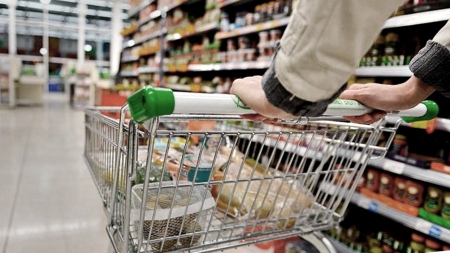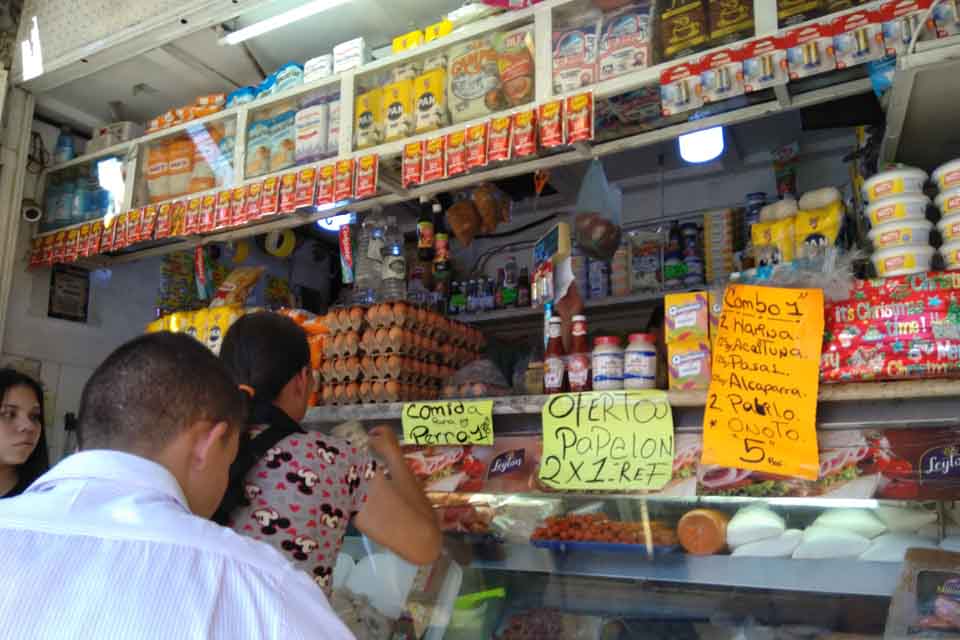The consumer price index in the Autonomous City of Buenos Aires (CABA) registered an increase of 6% in February, reported this Monday the General Directorate of Statistics and Censuses of Buenos Aires.
In this way, andThe accumulated value of the last twelve months was 103.1%while in the first two months of the year the rise was 13.7%.
The data from the City of Buenos Aires were published -as usual- before the National Institute of Statistics and Censuses (Indec) announces the evolution of the price index at the national level, which will be reported on Tuesday, March 14.
According to the Report “Ipcba-Consumer Price Index. February 2022”, The divisions that showed the greatest monthly variation in CABA were “Insurance and financial services” (10.4%), “Recreation and culture” (8.7%), “Housing, water, electricity, gas and other fuels” (8, 5%), and “Food and non-alcoholic beverages” (7.7%).
The increases in the rest of the divisions were: “Health” (6.8%); “Restaurants and hotels” (5.9%); “Alcoholic beverages and tobacco” (5.7%); “Personal care, social protection and other products (5%); “Home equipment and maintenance” (4.8%); “Clothing and footwear” (4%); “Education” (4%); “Information and communication” (2.9%); and “Transportation” (1.6%).
During February, both Goods and Services moved in line with the general CPI, since they registered monthly increases of 6% in both cases.
The monthly dynamics of Goods -said the report- responded fundamentally to the increases in food prices (mainly meat, baked goods, dairy products, and fruits), and, to a lesser extent, the increases in the values of garments stood out clothing, automobiles, fuel and lubricants for household vehicles, medicines, and personal care products.
Meanwhile, andhe behavior of Services mainly reflected the increases in the values of common housing expenses, in the prices of restaurants, bars and food houses, rents and prepaid medicine fees. Next in importance were increases in the residential tariff for electricity service, in the values of tourist packages and in the remuneration of domestic service personnel.
In year-on-year terms, both groups accelerated to 100.4% yoy in the case of Goods (+1.6 percentage points compared to the previous month) and 105.1% yoy in the case of Services (+6 pp)
Finally, when disaggregating by sub-indices, the IPCBA revealed that the Rest of the IPCBA grouping -proxy of core inflation- had an average increase of 6.8%, while the Regulated increased 5% (mainly due to adjustments in medicine fees prepaid) and Seasonal prices marked an increase of 3% (due to increases in tourist packages, fruit and clothing).

















